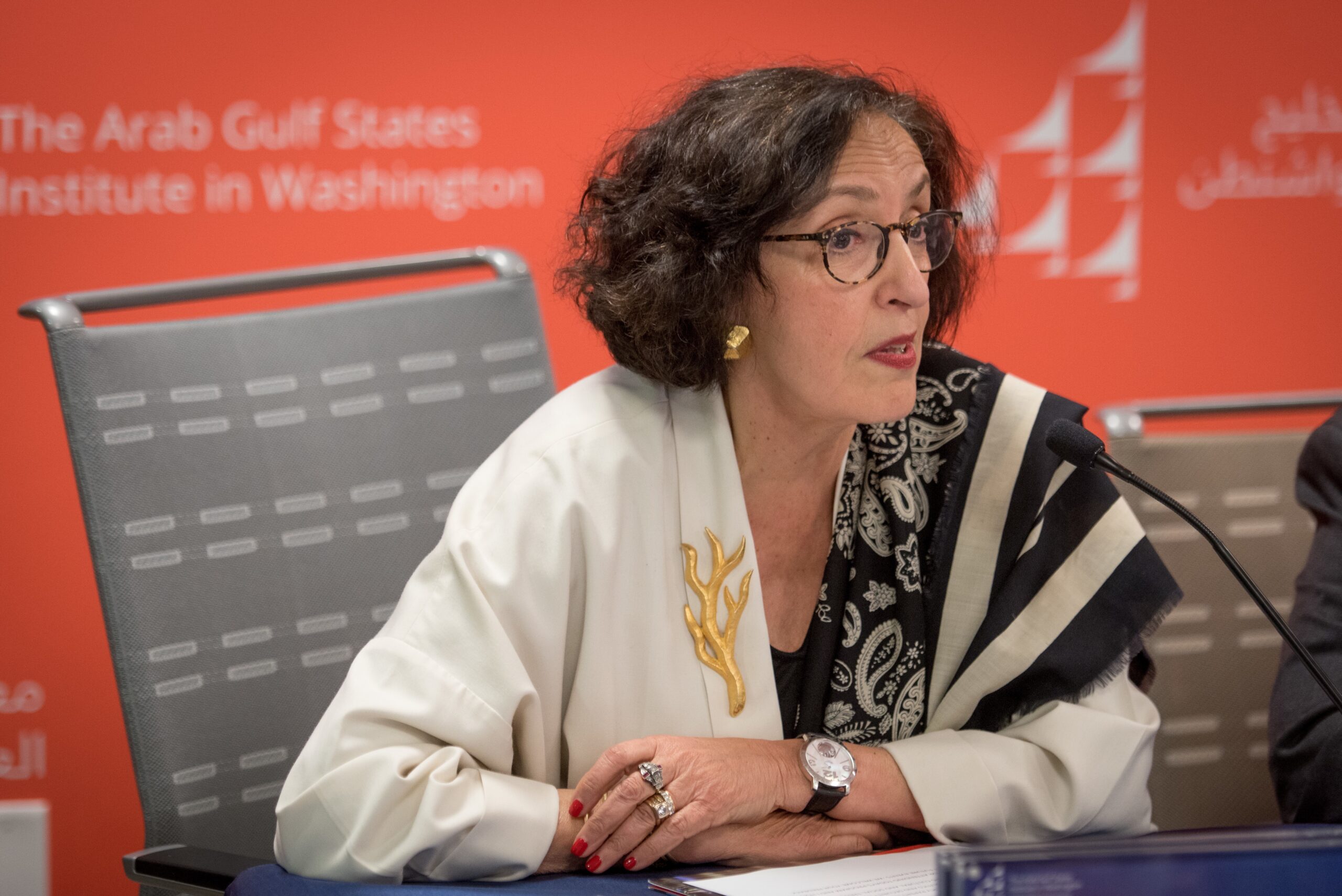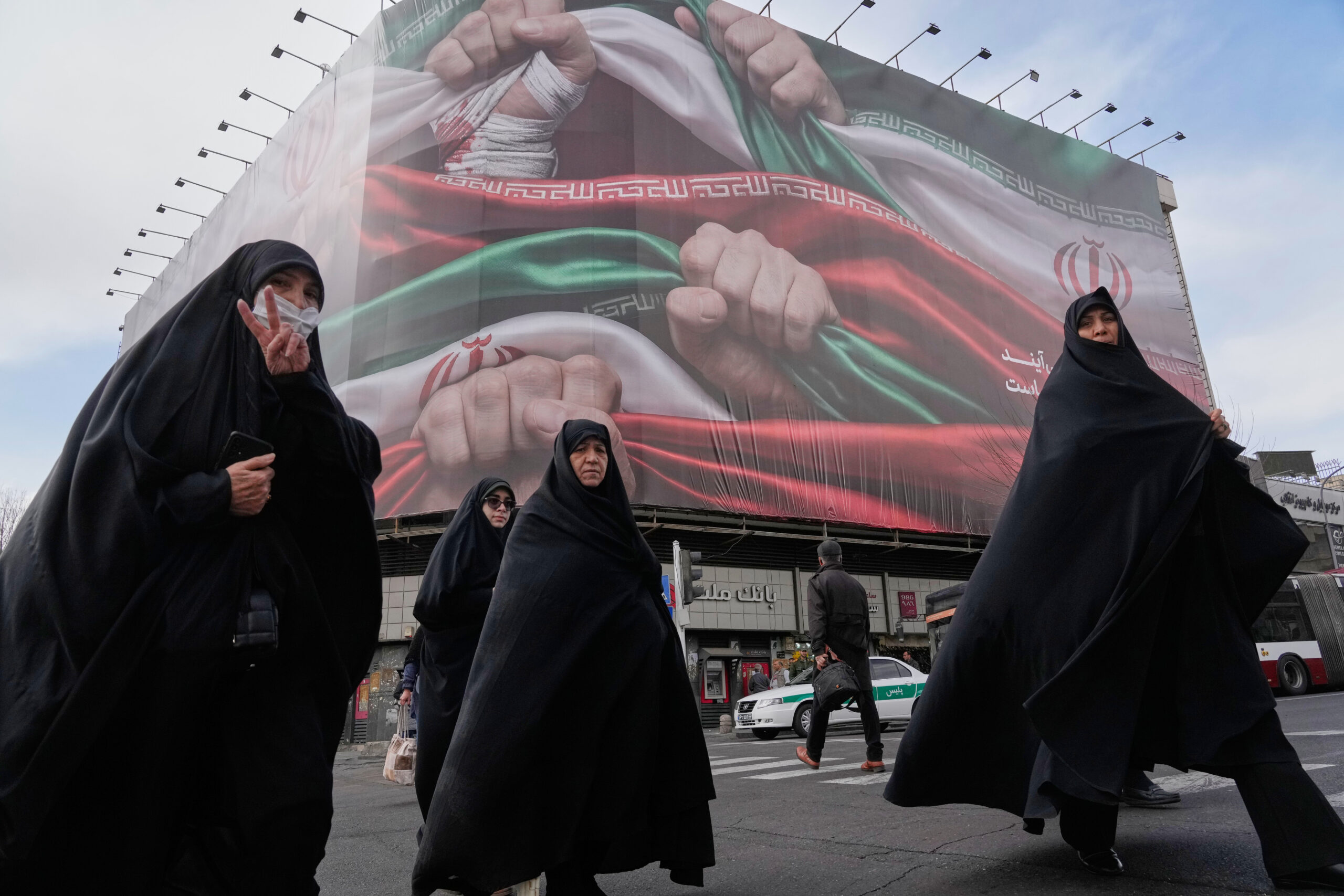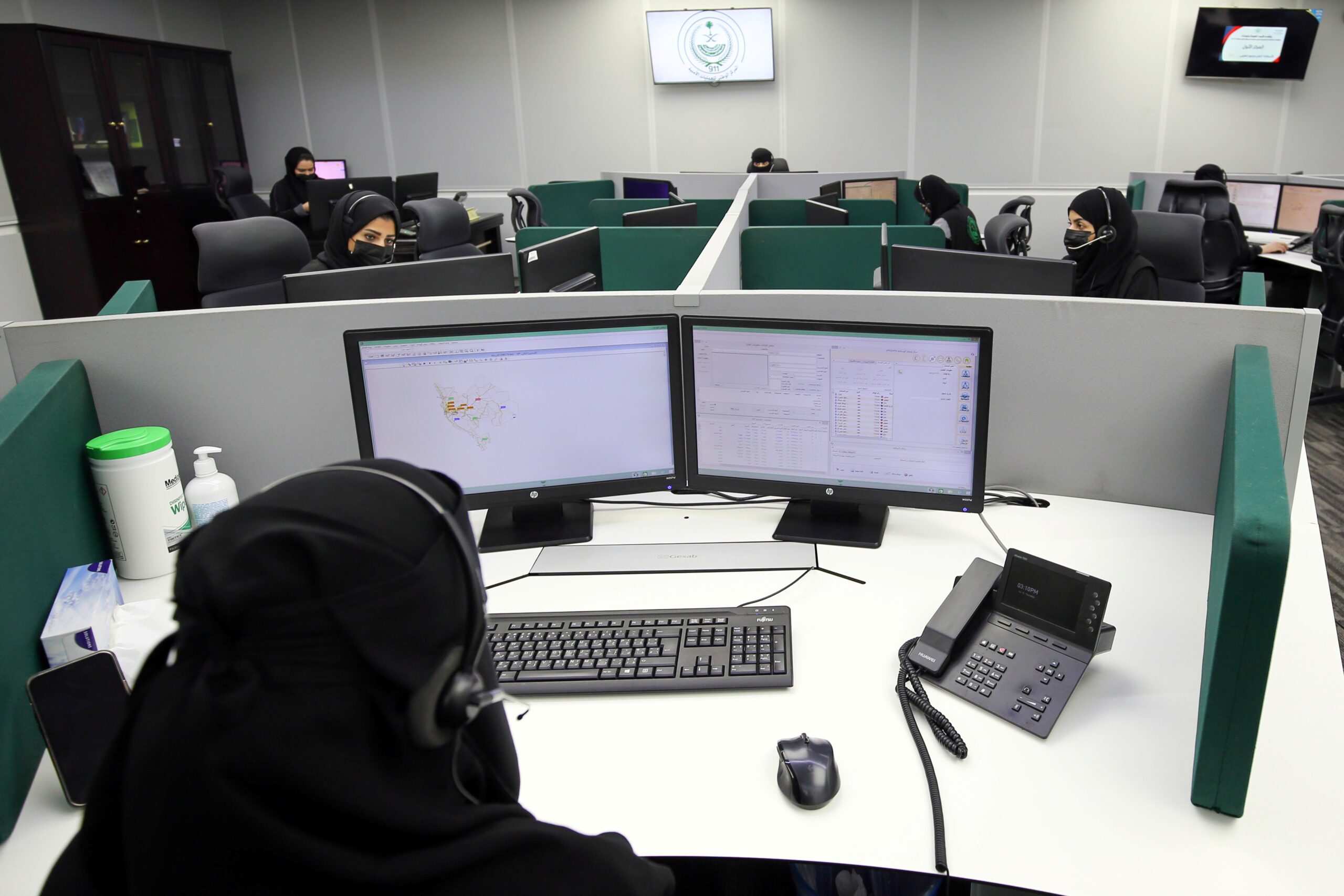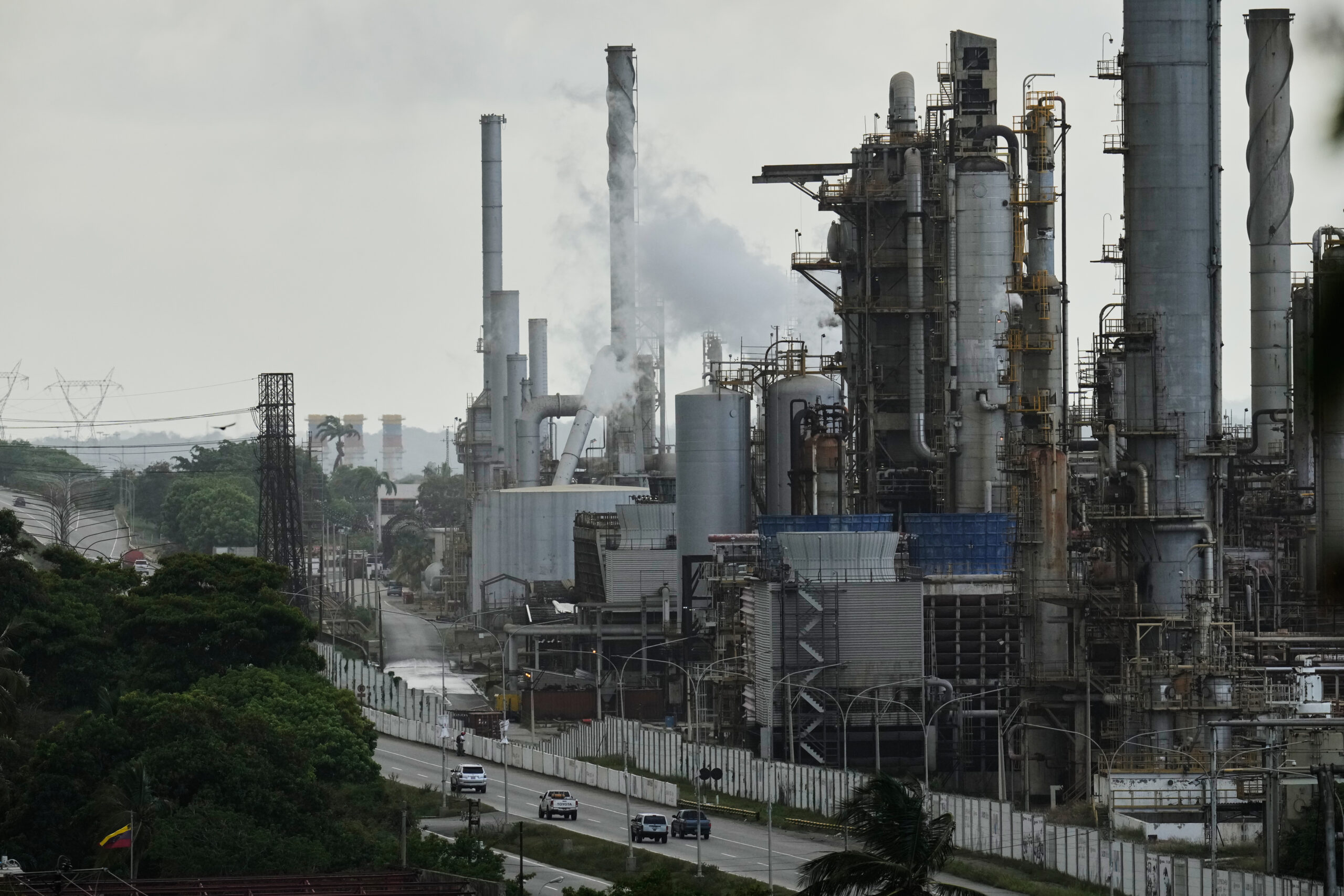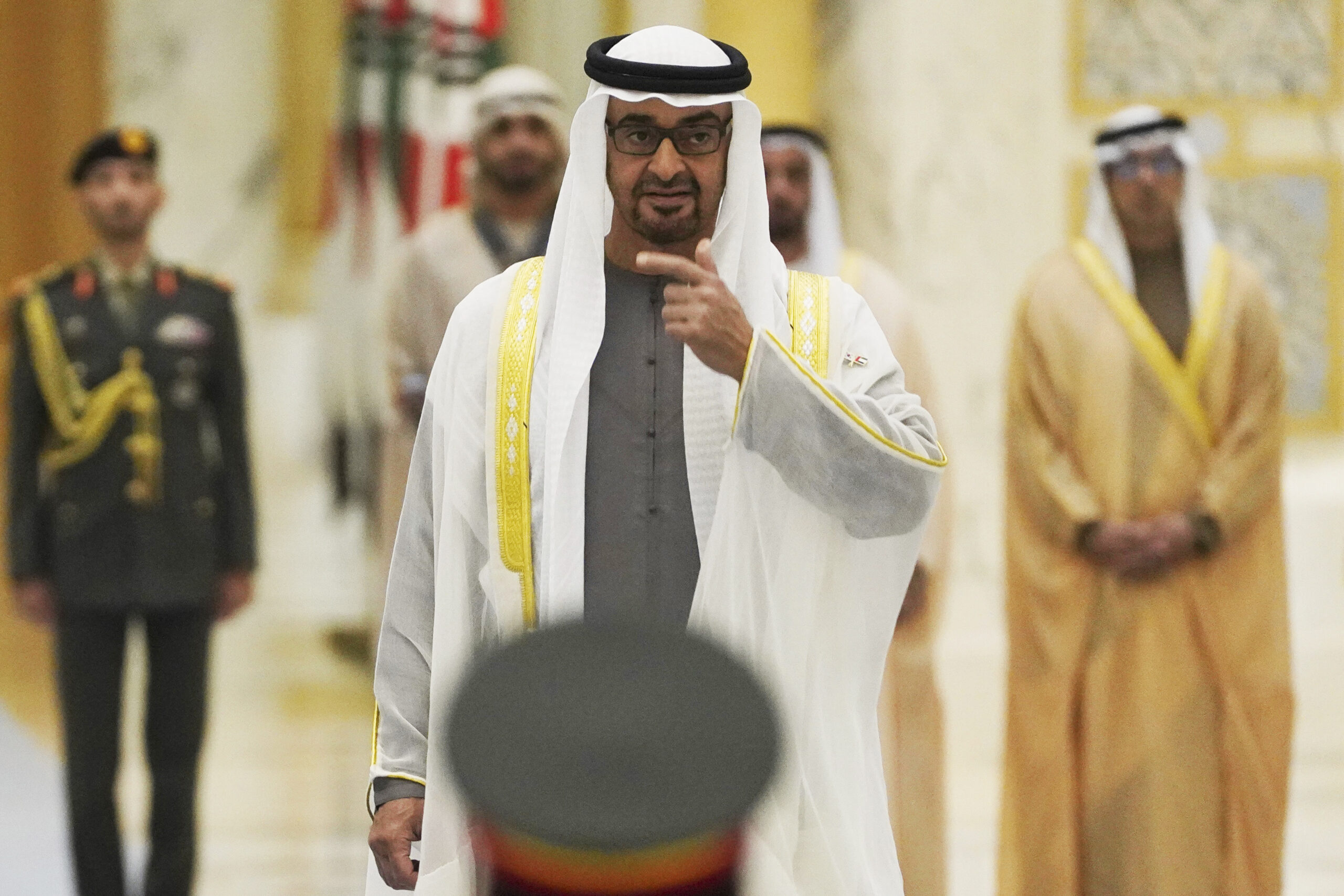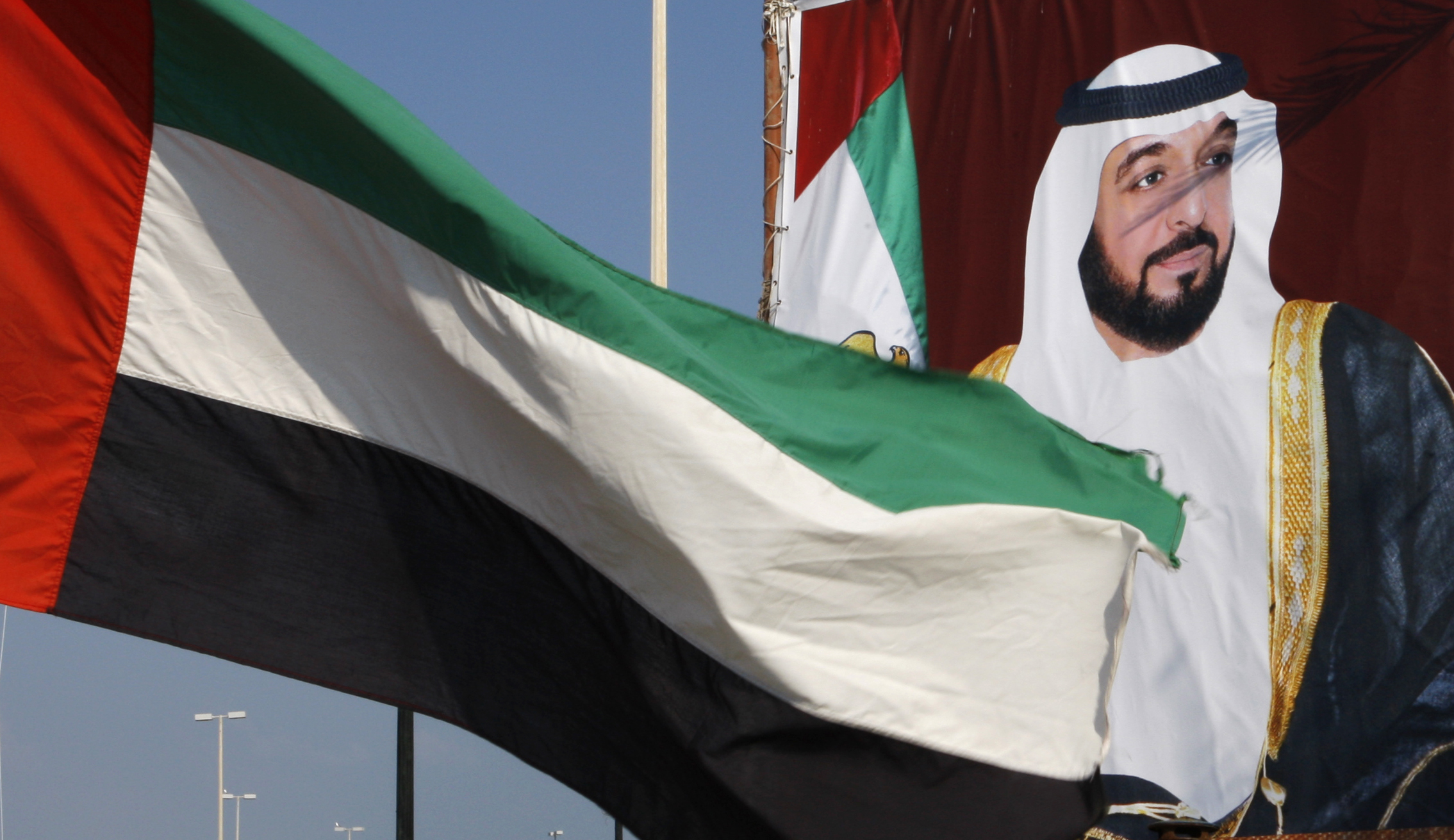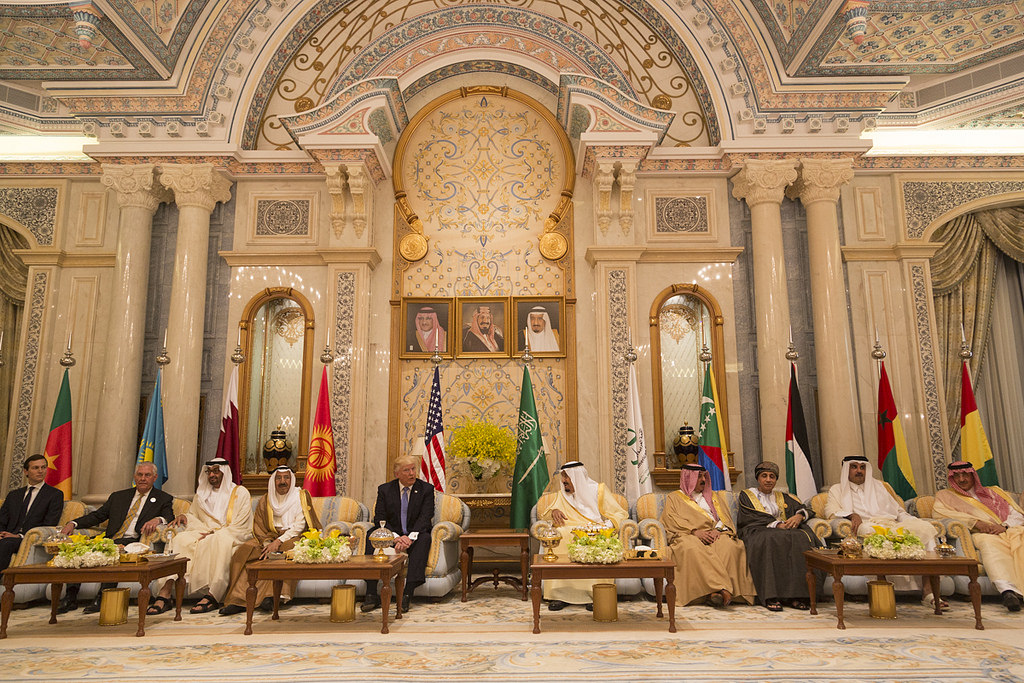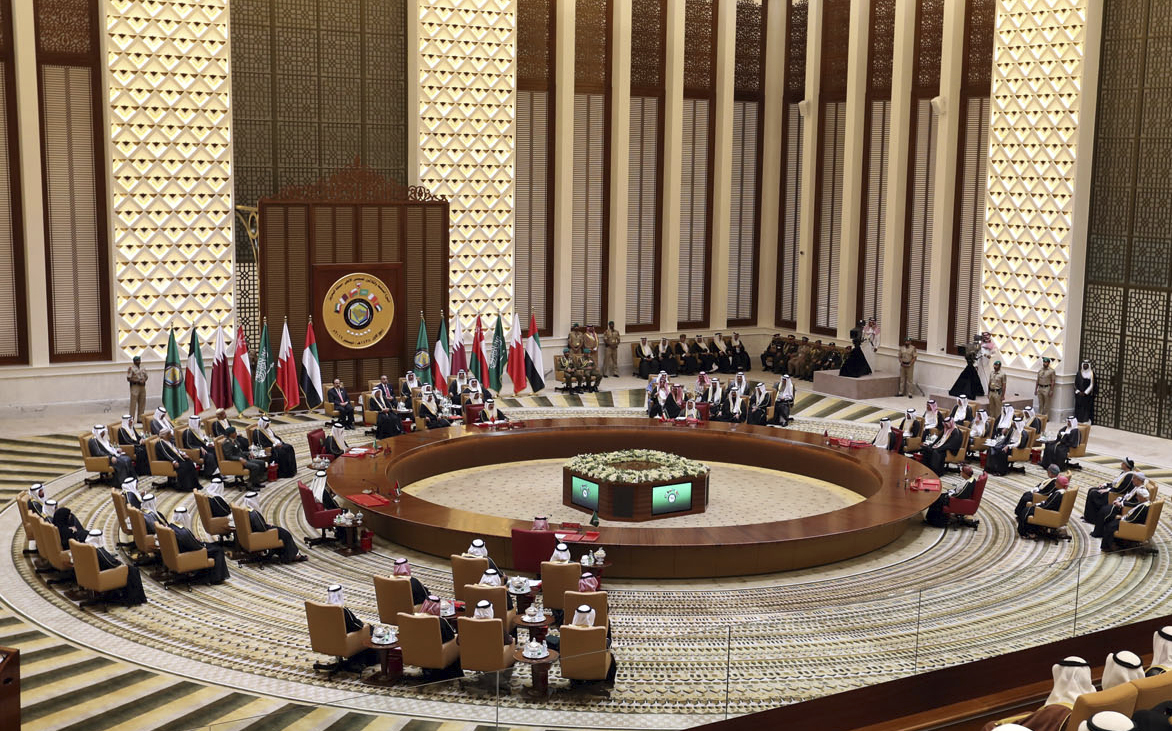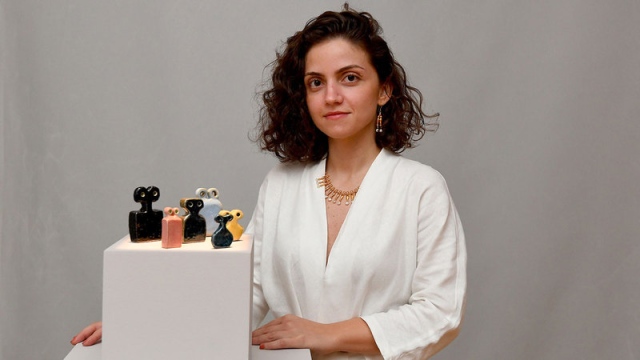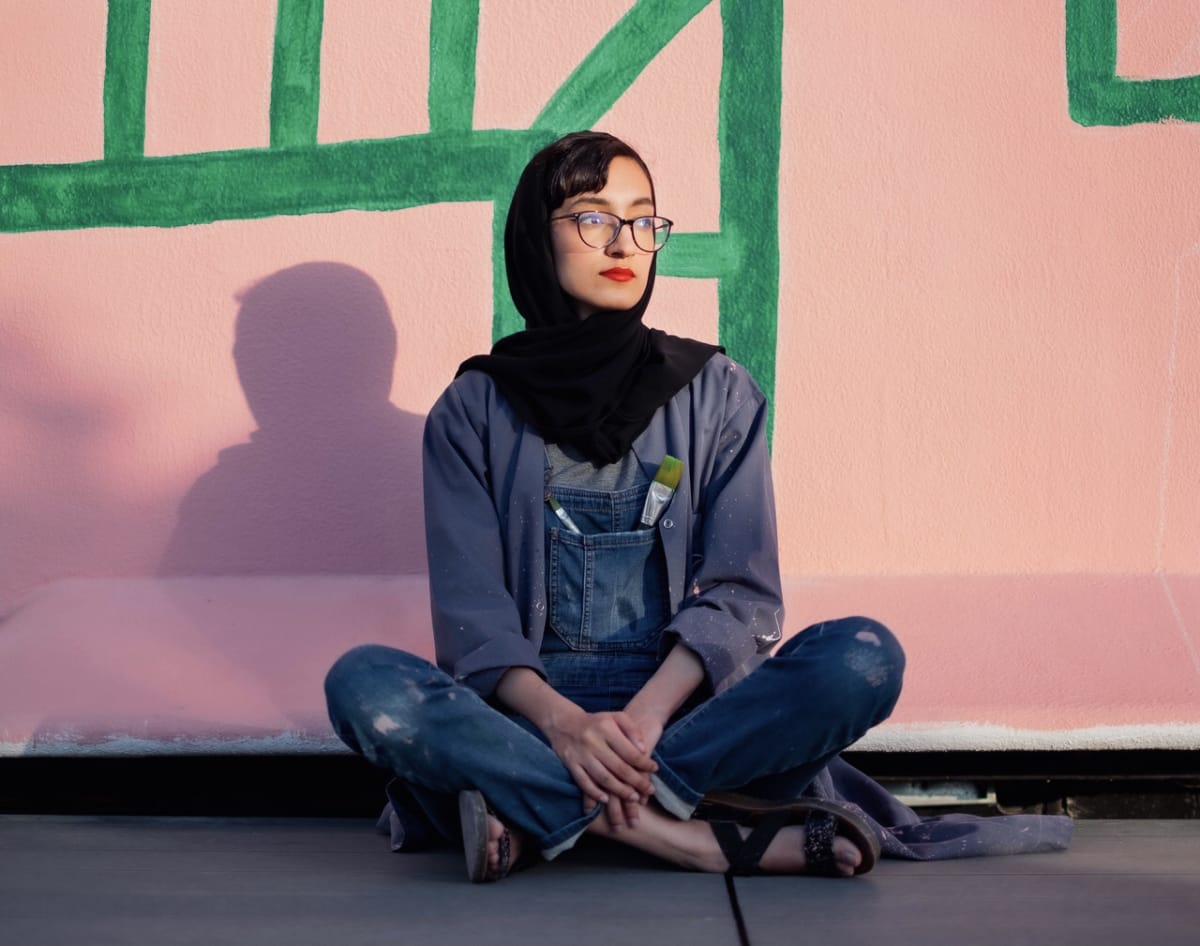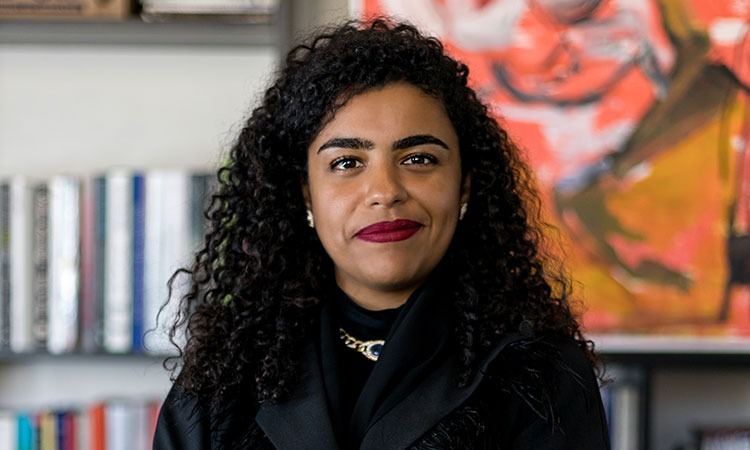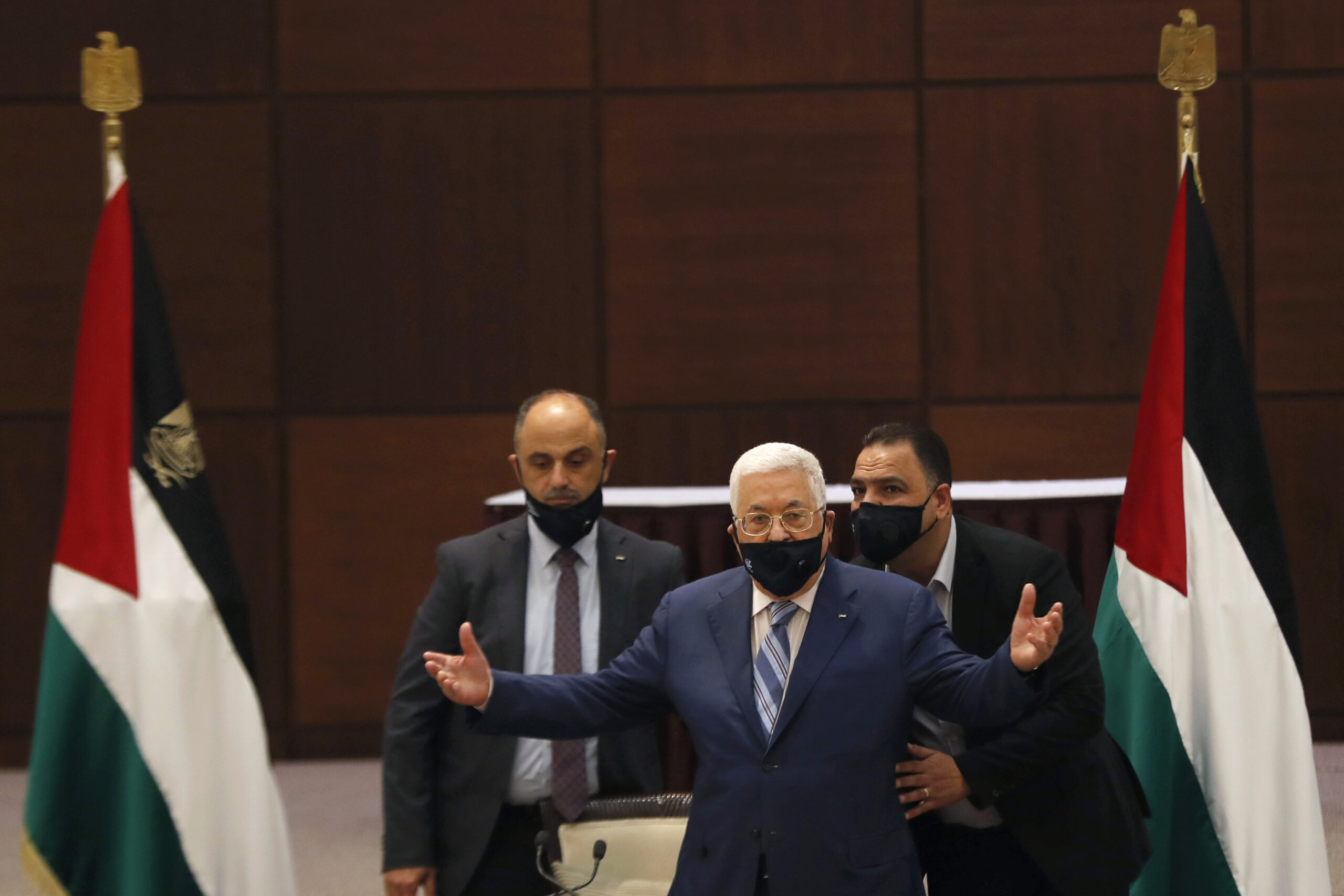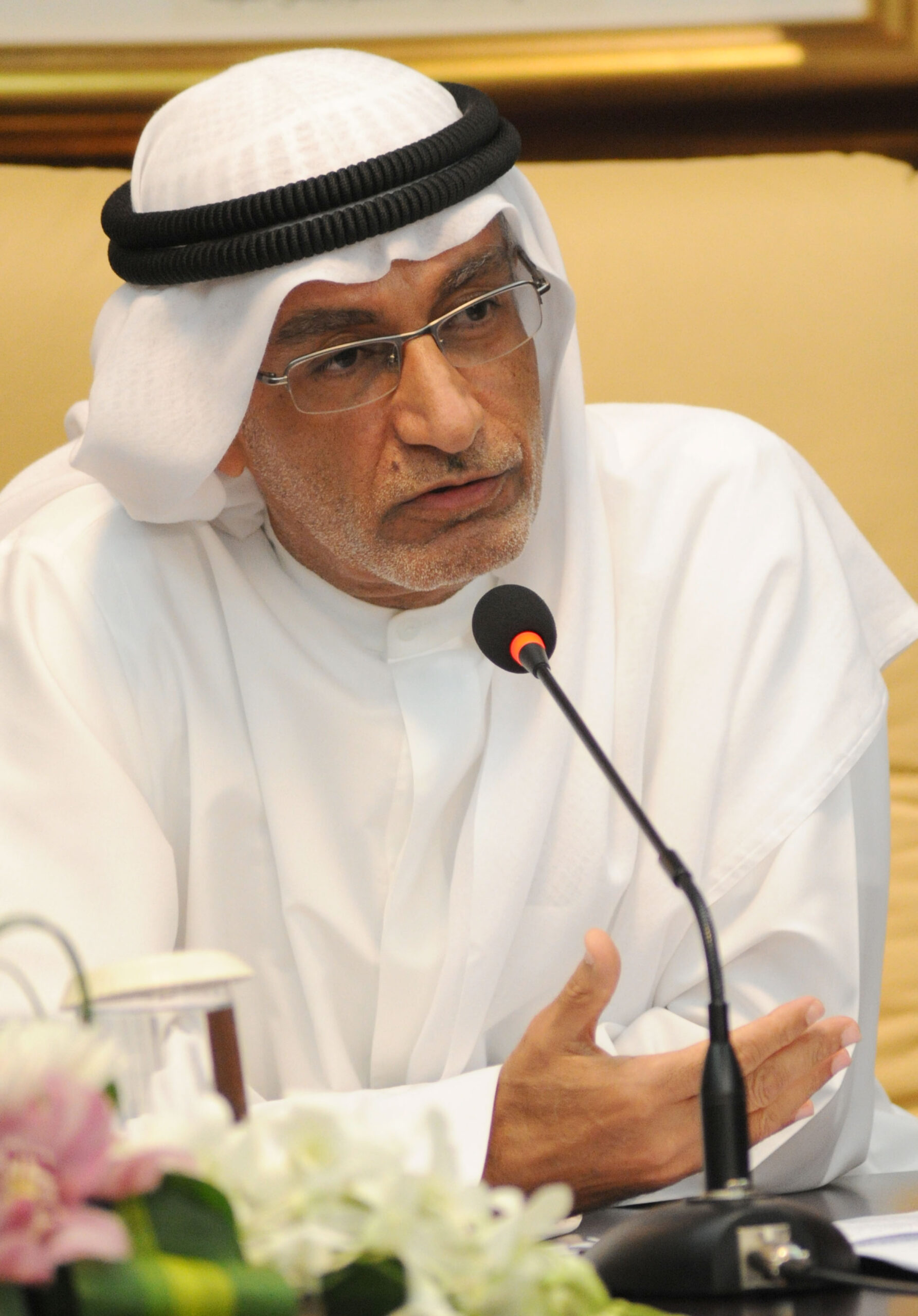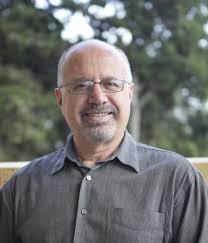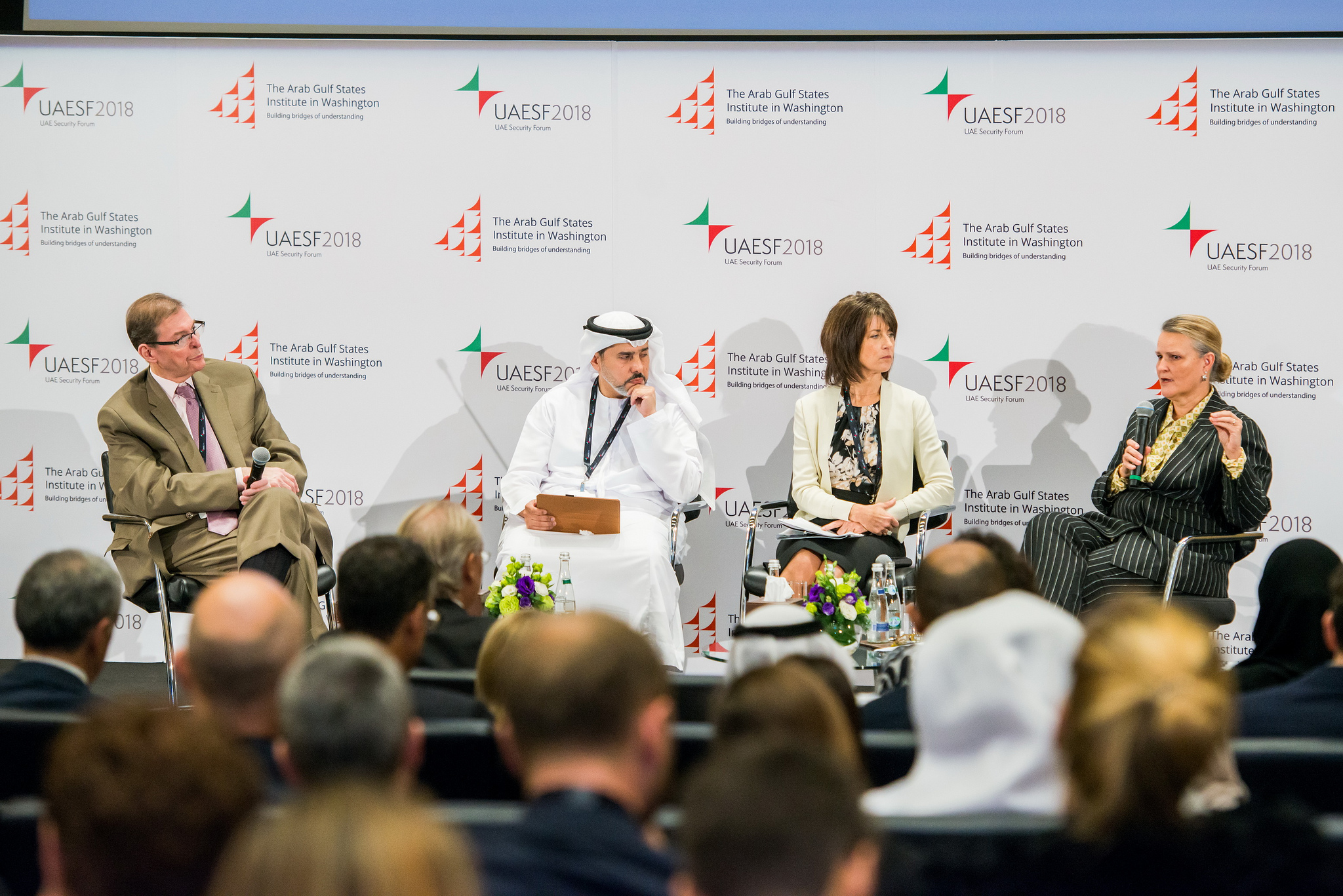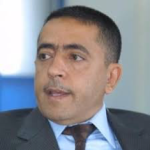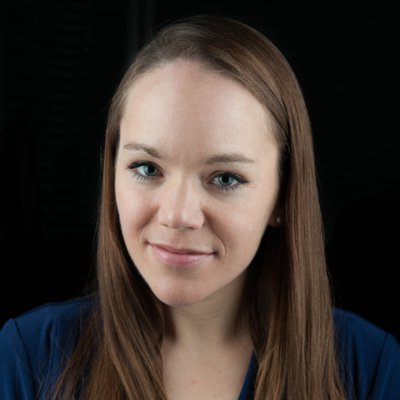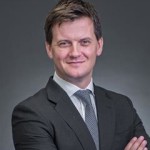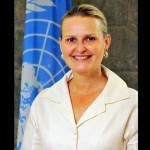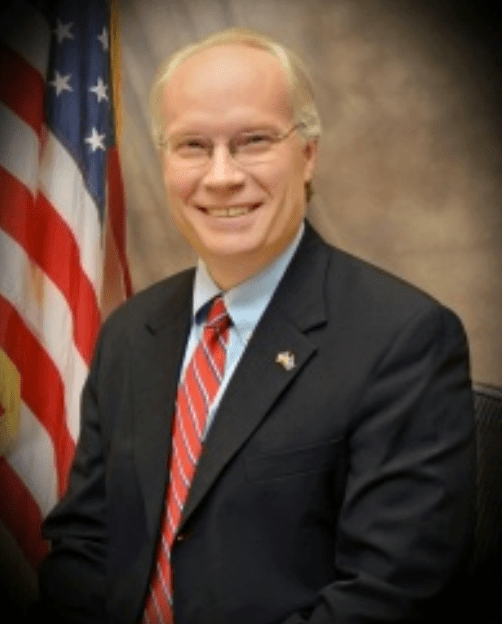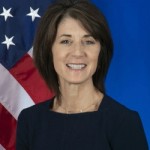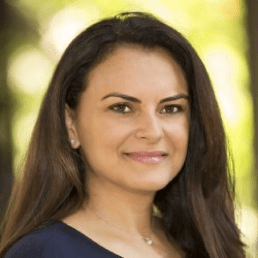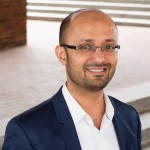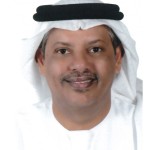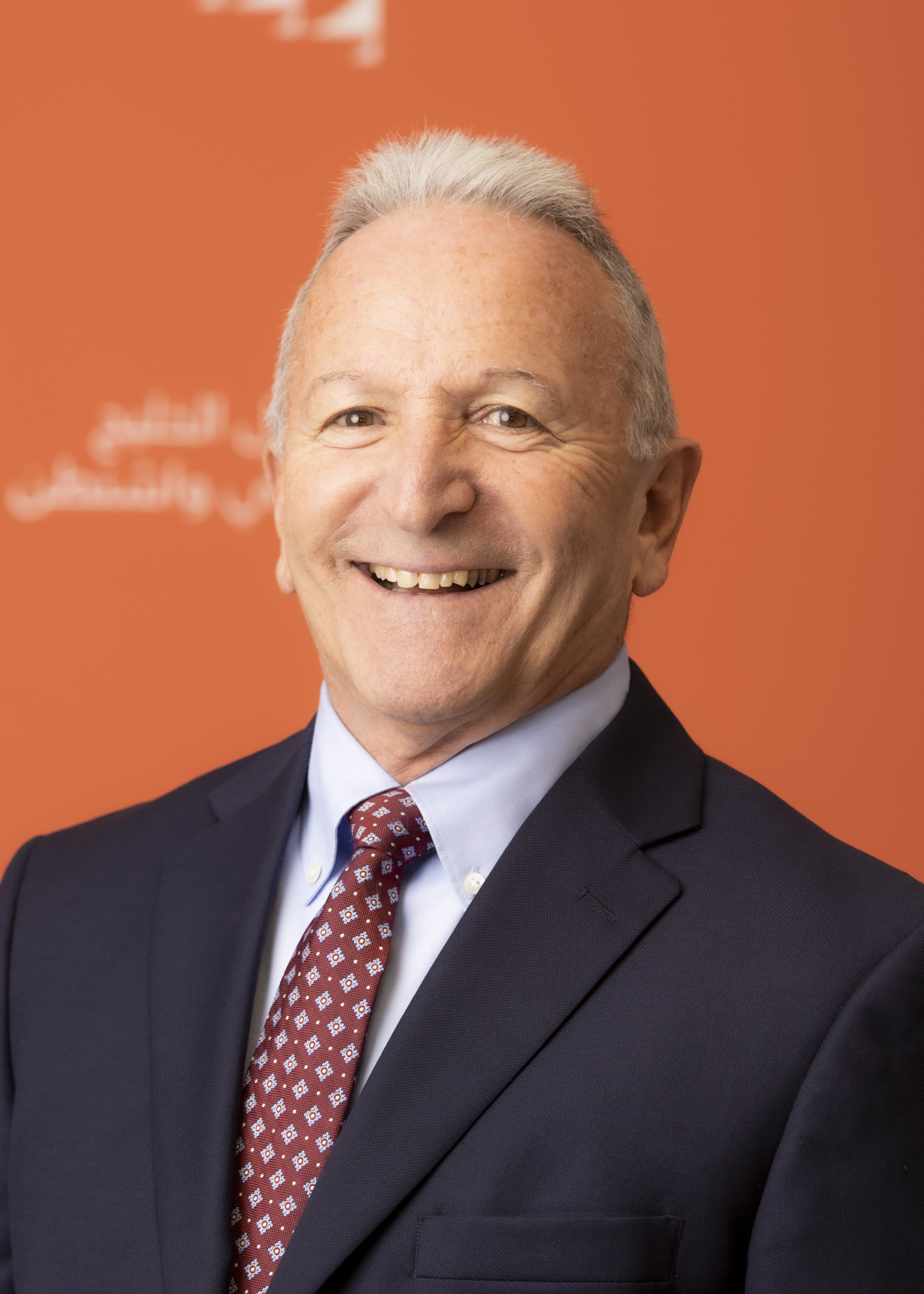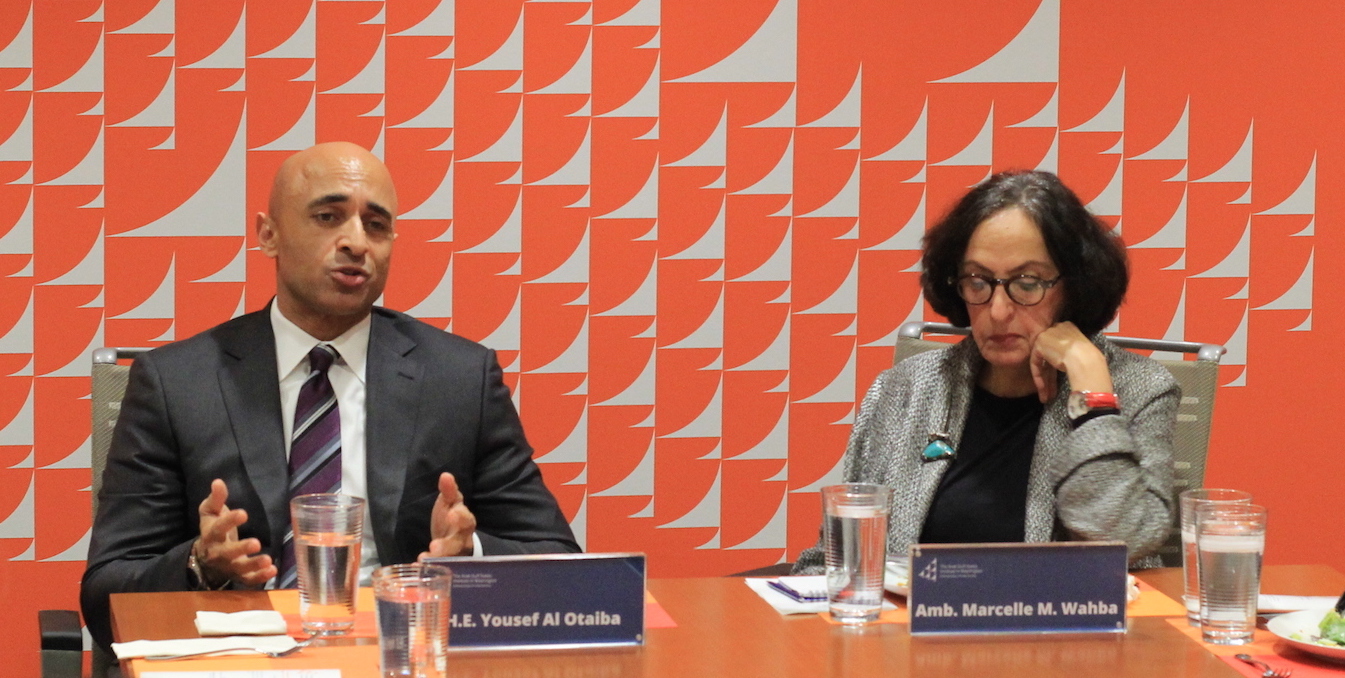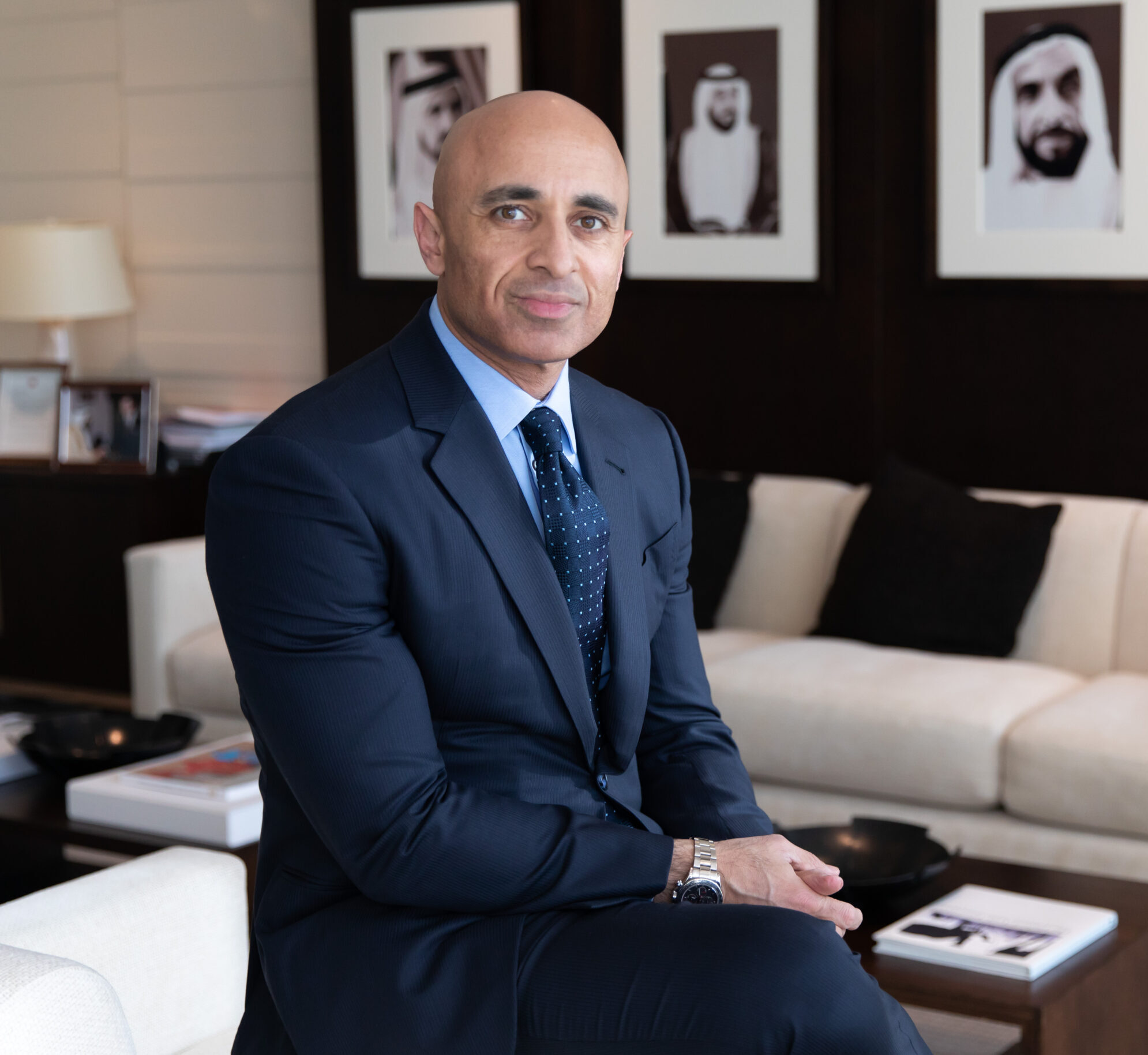Social and Economic Transformation in the Gulf Has Already Begun, but It Remains in Its Early Stages
It is increasingly clear that energy resources and revenues alone cannot sustain Gulf Arab economies and societies for the long term. So, the quest for economic diversification is an overriding imperative and is a paramount economic, social and national security challenge. Therefore, two of the biggest challenges facing the United Arab Emirates and other Gulf...
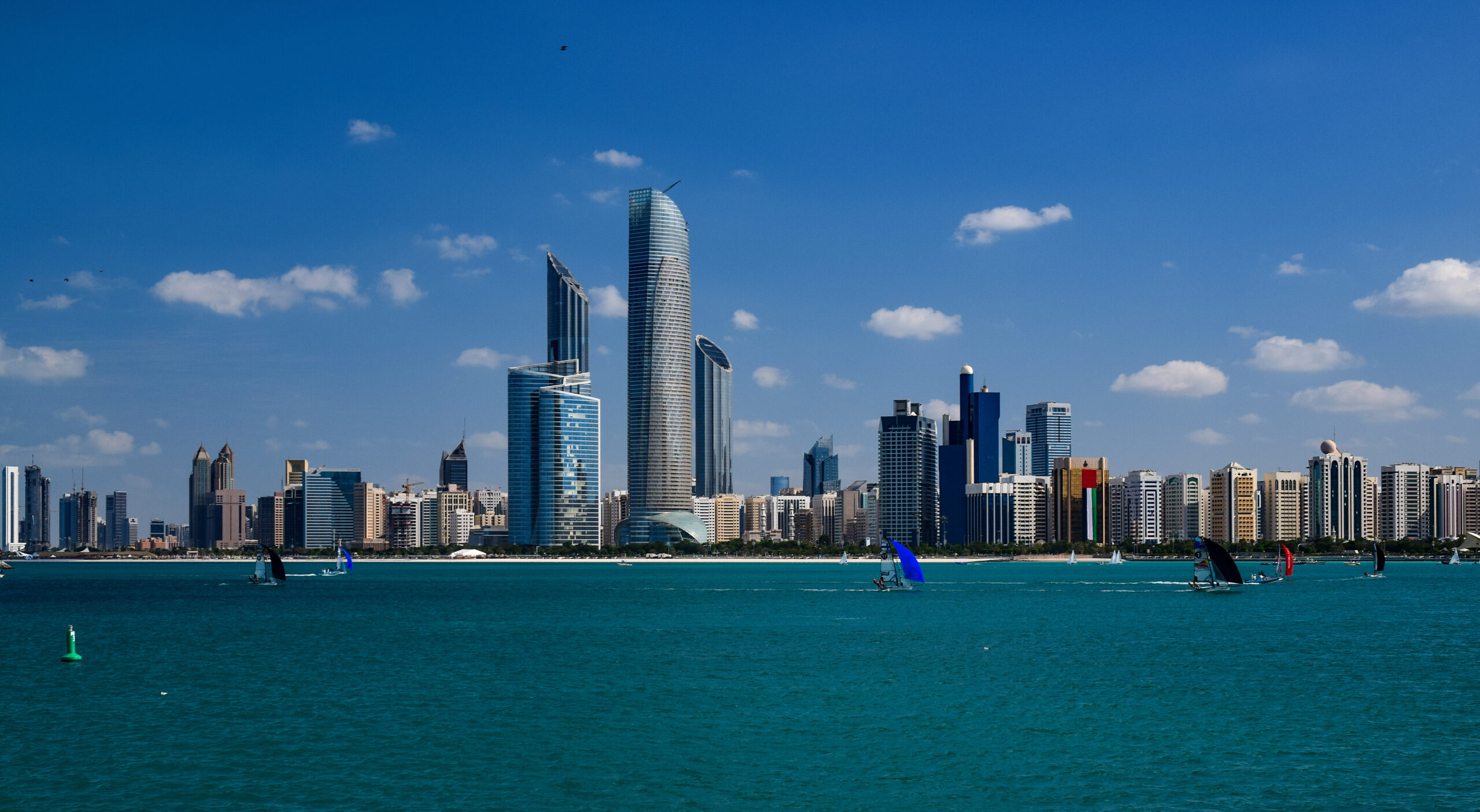
It is increasingly clear that energy resources and revenues alone cannot sustain Gulf Arab economies and societies for the long term. So, the quest for economic diversification is an overriding imperative and is a paramount economic, social and national security challenge. Therefore, two of the biggest challenges facing the United Arab Emirates and other Gulf countries are the development of more diversified economies and the enhancement of their national and regional security.
To further our understanding of how the GCC countries, especially the UAE, can achieve this ambitious goal, the second UAE Security Forum, organised by the Arab Gulf States Institute in Washington and sponsored by Raytheon, which will take place on December 6, will outline the major challenges and roadblocks to such an economic transformation, as well as the prospects for its success. Decision-makers and business leaders will identify promising opportunities for private sector growth and innovation with special attention to the security sector, as an engine of economic growth, job opportunities and technological advancement.
The effort to realise this vital social and economic transformation has already begun, but it remains in its early stages. There has been a crucial reorganisation of fiscal policy in many Gulf Arab states that has upended decades of cyclical government spending tied to oil revenues and reoriented the allocation of national resources to address these pressing challenges. Efforts to reduce government expenditure and promote economic diversification include the spin-off of state-owned assets and fostering of a growing private sector. Yet, despite these important measures, success in what must be a massive reorientation will require a vast amount of additional strategic planning, methodical implementation and consistent reevaluation and readjustment.
The process must develop in an integrated and interdependent manner that allows many separate components of society to combine their capabilities and roles and reinforce and support each other. For example, state and private investment should work in partnership to create a pipeline from K-12 science education to manufacturing training, market analysis, production and delivery. In addition to the social, structural and financial benefits of economic diversification, there is major national security imperative to the development, in particular, of national defence industries in the UAE and other Gulf Arab countries. As their national security concerns have deepened, many Gulf Arab countries have been intensifying their investments in a range of security-related assets and capabilities. These security challenges are, unfortunately, only escalating, and that requires continued, and even increased, efforts to enhance defence and security capacity.
The climate of regional unrest, the emergence of a range of new security challenges and the need for military interventions such as in Yemen all strongly reinforce the growing understanding that, in addition to working with key partners, the UAE and its Gulf Arab allies are well advised to work to become more self-reliant. These challenges, particularly the need to work towards greater defence and security self-sufficiency and independence, mandate the development of national industries, and the urgent enhancement of the concomitant technological capability and manufacturing capacity, in these sectors. Fortunately, the twin imperatives of enhanced national security and economic diversification are mutually compatible and self-reinforcing to the point of near total convergence.
Defence industries and the security sector at large are a key target of potential private sector investment, employment opportunity and growth, and a means for the state to share the expense of technology development. Moreover, defence industries can have a multiplier effect on economic development, as an incubator of new technology and a hub of knowledge creation. Therefore, the development of the national security sector – particularly involving private companies and defence industries or public-private partnerships – whether they are conceptualised primarily as integral parts of economic diversification or national security enhancement –will nonetheless benefit both essential goals, equally and simultaneously.
This article was originally published by The National.
The views represented herein are the author's or speaker's own and do not necessarily reflect the views of AGSI, its staff, or its board of directors.
